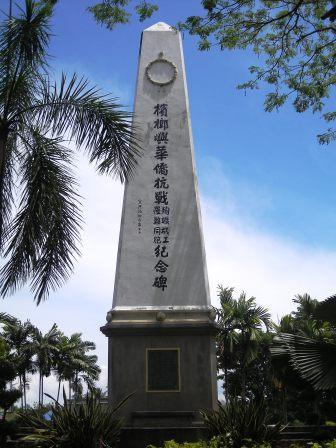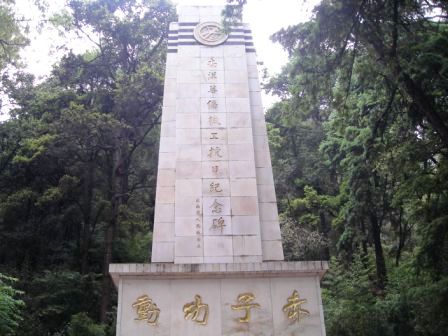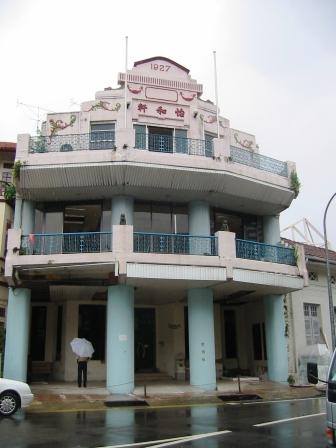Li Yue Mei ,李月美
(1918 - 28 August 1968)
During the Sino Japanese war, the Japanese attempted to terminate Chinese import of war materials by imposing a sea blockade. The Chinese government responded by building the Burma Road, 滇缅公路, but lacked drivers and mechanics so they turned to China Relief Fund, 筹振会, for help to recruit volunteers from Nanyang (Today’s South East Asia).
On 7 February 1939, the first notice for volunteer drivers and mechanics was issued and batches of volunteers came forth. These volunteer drivers and mechanics were known as the Nanyang Volunteers, 南侨机工.
A war hero from Penang
Although it was not specifically mentioned, it was assumed that Nanyang Volunteers would be Chinese man. Naturally, when Li Yue Mei, 李月美, a 21 years old Cantonese woman from Penang, volunteered, it caused a stir in the regional media. Li Yue Mei was one of four women who joined the ranks of the Nanyang Volunteers.
In late Feb 1939, Li Yue Mei arrived in Singapore to prepare for her trip to China. She was presented with banners from the Nanyang Chinese Girls School and attracted intense media attention. She was hailed as the modern Hua Mu Lan, 当代花木兰, the ancient Chinese woman who disguised as a man to serve in the army in place of her elderly father. The Overseas Chinese societies in Singapore and Malaya were full of praise for her passion to save China from Japanese aggression.
Li Yue Mei left for China in March 1939 and it seems that her gender was not disclosed when she drove alongside other male drivers.
The Burma Road was a very difficult road to navigate and many Nanyang Volunteers were killed in accidents, by malaria or during Japanese air raids. In 1940, Li Yue Mei was involved in an accident but was saved by a fellow driver, Hainanese Yang Wei Quan, 杨维铨, who discovered that she was a woman in disguise.
Li Yue Mei eventually recovered and was transferred to serve as a nurse. By this time, she had already fallen in love with her savior.
Hero returns home
The Sino Japanese War evolved into World War Two and ended with Japan’s unconditional surrender on 15 August 1945. In 1946, after 6 long years of service in the battlefield, Li Yue Mei finally returned home as a hero to her family in Penang, Malaya. That same year, the overseas Chinese in Penang built a monument in memory of civilians and Nanyang Volunteers who lost their lives.
Relocation to Burma
Li Yue Mei married Yang Wei Quan and the couple relocated to Yangon, Burma. There, they ran a coffee shop and soon the couple had 10 children.
In 1954, Chinese Premier Zhou En Lai, 周恩来, began the first of his many visits to Burma. Li Yue Mei represented the Overseas Chinese in Burma to meet the Premier. Zhou En Lai praised her for her heroic efforts during the war encouraged her to send her children to study in China.
In 1965, Li Yue Mei finally decided to relocate to Guang Zhou for the sake of her children. However, her husband disagreed and she left for Guang Zhou alone with her children.
Cultural Revolution
Unfortunately for her, Cultural Revolution erupted shortly and she was accused of having capitalist connections because of her businessman father and being a pro Nationalist for having served as a Nanyang Volunteer during the Sino Japanese War.
Li Yue Mei and her children were sent to the countryside for “reform”. Every day, the Red Guards humiliated Li Yue Mei by parading her in the streets. At times, she was even physically assaulted by the Red Guards and the villagers.
This was too much for a young lady who gave up everything to save her homeland. Li Yue Mei refused to be humiliated and decided to end her life.
On the night of 28 August 1968, she waited for her children to fall asleep before she embarked on her act of resistance. Li Yue Mei used a knife to slash both her wrists and then using her bleeding arms, thrust the knife to silt her throat. The children woke up the next morning to discover their mother dead and soaked in a pool of blood.
When the Red Guards discovered Li Yue Mei’s suicide, they demanded that her children disowned their mother for being a counter revolutionary and forbade them to grief for their beloved mother.
Li Yue Mei’s body was wrapped in a nylon mosquito net and buried in an unmarked grave. Her children decided to escape from Guang Zhou and left after secretly paying their last respects to their mother.
The children escaped to Hainan Island, their father’s hometown, where they were cared for. After the fall of the Gang of Four, the children returned to Guang Zhou in 1976 to collect their mother’s remains. After much searching, they finally found their mother’s remains still wrapped in the nylon mosquito net that they brought with them from Burma in 1965.
Remembering war hero Li Yue Mei
On 23 October 1979, the Chinese government declared her a war hero and held a memorial in her memory. Meanwhile, all of the Nanyang Volunteers were also accorded the same status and received state pension and healthcare benefits.
On 7 July 1989, the Yunan government constructed a monument, 赤子功勋, in memory of Nanyang Volunteers.
No monuments or awards can return Li Yue Mei her life. The daughter of an Overseas Chinese businessman gave up a comfortable life in Penang to serve her motherland and to resist Japanese aggression in China.
Ironically, she was not killed by the sharp turns on the Burma Road, the dangerous malaria infested terrains or the bombs of the Japanese invaders. Instead, she was driven to death by her own people whom she gave up everything to serve!
Anyone reading about the life of Li Yue Mei would feel an immerse sense of injustice for a selfless and courageous women humiliated, abused and driven to suicide.
The least we can do now is to see that deeds and sacrifices of this Penang lady shall never be forgotten.
Related Articles:
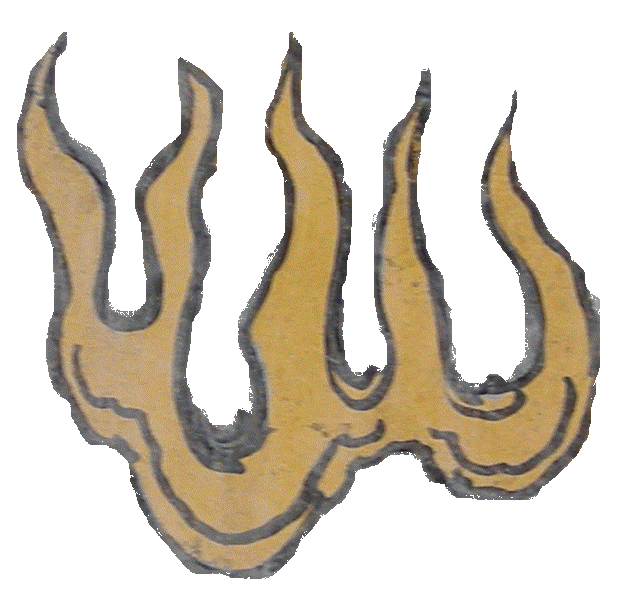
|

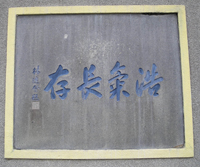 Nanyang Volunteer, 南侨机工
Nanyang Volunteer, 南侨机工 

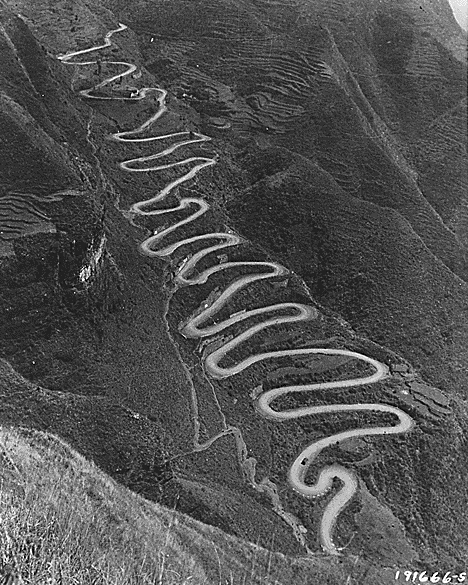
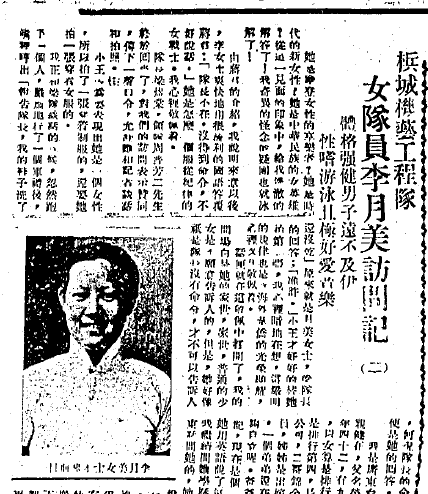
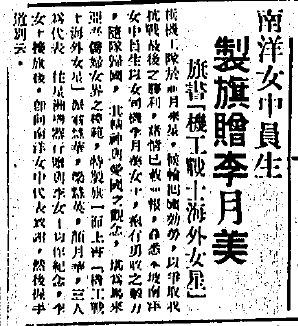
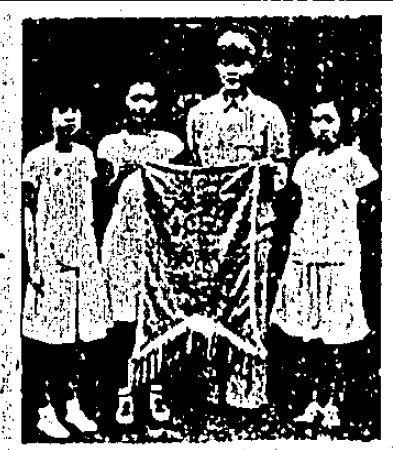
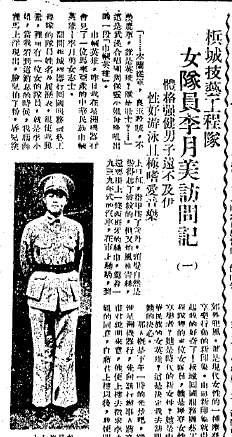
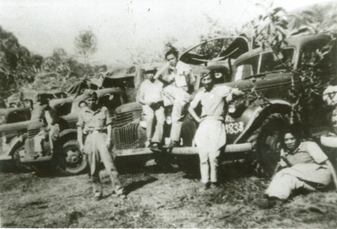 Nanyang Volunteers in service
Nanyang Volunteers in service